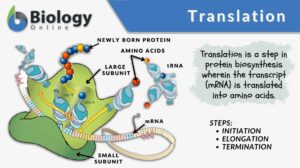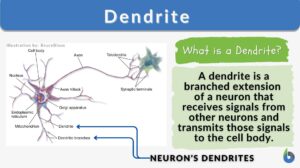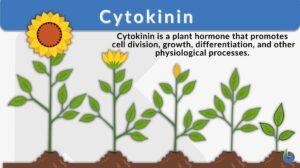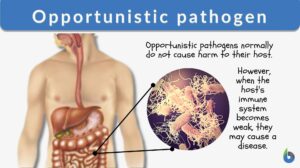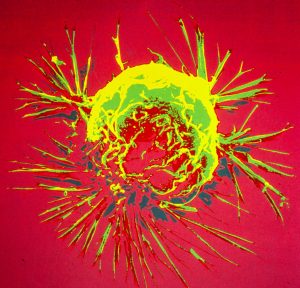Search Results for: suppression
Suppression
suppression 1. The act of suppressing, or the state of being suppressed; repression; as, the suppression of a riot,... Read More
Inhibitory postsynaptic potential
Inhibitory Postsynaptic Potential Definition An inhibitory postsynaptic potential is a type of synaptic potential. It is... Read More
Antagonism
Definition noun (1) (physiology) The result of the interaction between structures, chemical agents, or diseases that have... Read More
Sensory Systems
A sensory system is a part of the nervous system consisting of sensory receptors that receive stimuli from the internal and... Read More
Translation
Translation, in general, is the conversion of something into another form, such as a word from one language to another. But... Read More
Thalassophobia
Among many psychological and psychiatric disorders, one is the fear of the ocean and the fear of deep water, which in... Read More
Corticosteroid
Definition noun, plural: corticosteroids A steroid hormone produced by the adrenal cortex, e.g. glucocorticoids and... Read More
Persistence
persistence 1. The tendency of a cell to continue moving in one direction: an internal bias on the random walk behaviour... Read More
Fibroblast
The building block of living things is known as the cell. The cell contributes to many parts and functions of different... Read More
Opportunistic pathogen
Opportunistic Pathogen Definition How do we define opportunistic pathogen? The opportunistic pathogen is an infectious... Read More
Glucocorticoid
Definition noun, plural: glucocorticoids Any of a group of corticosteroids involved in carbohydrate metabolism (e.g.... Read More
RASER proteins selectively “hack” and “shut down” cancer cells
According to World Health Organization, cancer is the second leading cause of death worldwide. The record showed that it... Read More





